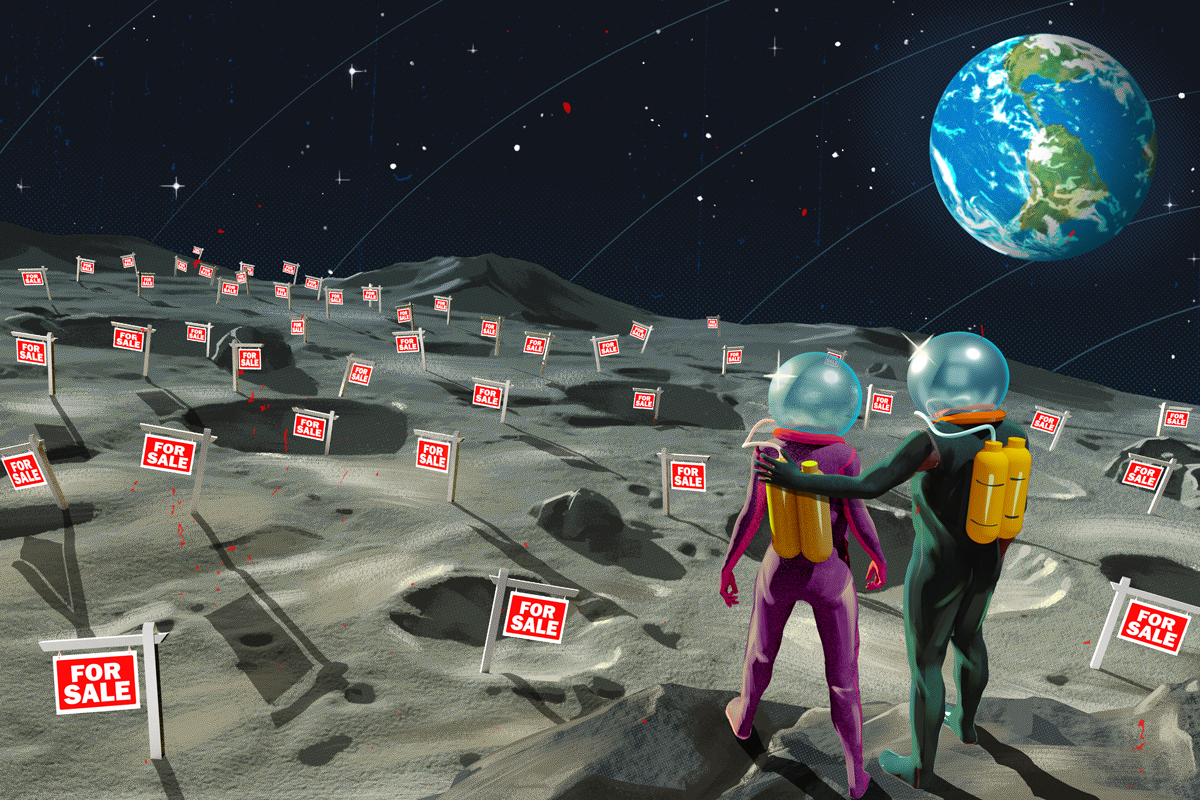Then on Earth, we ’re used to the idea of land power. A piece of land belongs to someone, whether that’s an individual, a company, or a state, and the proprietor has rights over what’s done with that land. But what about the Moon? Who owns that?
The short answer is that no bone owns the Moon. That’s because of a piece of transnational law. The External Space Treaty of 1967, put forward by the United Nations, says that space belongs to no bone country. “ The disquisition and use of external space, including the Moon and other elysian bodies,” it reads (via UN), “ shall be carried out for the benefit and in the interests of all countries, irrespective of their degree of profitable or scientific development, and shall be the fiefdom of all humanity This specifically includes the Moon, with the convention going on to say that, “ External space, including the moon and other elysian bodies, shall be free for disquisition and use by all Countries without demarcation of any kind.”
This means that fairly speaking, no country can claim to enjoy the Moon. Countries might plant their flags there, but this is a emblematic gesture rather than a evidence of power. In this way, the Moon is analogous to Antarctica, which experimenters from different countries can visit and work on but ca n’t claim power of.
What about Moon mining?
That each sounds veritably egalitarian and noble in proposition. But what about in practice? There’s adding interest in booby-trapping the Moon for coffers, and although no company or state has tried this yet, it’s only a matter of time before people rush to claim a piece of the elysian body.
NASA lately blazoned it would be inviting private companies to test out plans for mining ice on the Moon (via NASA), like a robotic lander that will land on the Moon’s south pole and attempt to drill for ice (via NASA). The agency has also participated plans for what lunar mining could involve in the future (via JPL). So there’s a clear interest from both space agencies and private companies in technology that can prize coffers from the Moon What about the legitimacy of this? According toEOS.org, a wisdom magazine published by the American Geophysical Union, theU.S. government passed legislation in 2015 which granted the right ofU.S. companies to vend coffers they uprooted from the Moon. Also, in 2020, an administrative order corroborated this claim to space coffers, including those on the Moon.
Other countries are also interested in lunar coffers, including Russia, not to mention the interests of private companies.
The legitimacy of this might be complicated, as there’s legal debate over whether NASA’s plans for the Moon are in conflict with transnational law (via Scientific American). But like numerous matters of law, it is n’t a clear- cut case of whether commodity is allowed or not. As the coming generation of Moon operations unfolds, we ’ll have to stay and see how the world’s countries deal with complex issues of power in external space.
